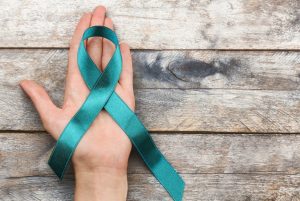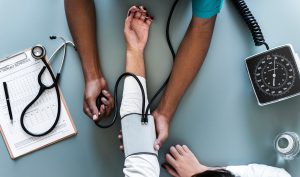International Women’s Day : 9 Most Important Medical Tests For Women (Part 1)
International Women’s Day is a worldwide event that celebrates women’s achievements. It has been observed since early 1900s and is now recognised annually on March, 8th. It brings governments, women’s organisations, corporations and charities together.
For us to be able to have a good quality of life, we need to make sure we are healthy. Health is one of the greatest treasures in life. Women are very good caregivers, but we often forget to take care of ourselves. When we are healthy, we feel happier and we would be able to care for our family and friends too.
Conflicting or controversial health guidelines can keep you from getting the care you really need. So what medical screening tests do you actually need?

Cervical cancer screening

What it is: Your old “friend,” the Pap test, and a similar swab that tests for human papillomavirus, or HPV
Who should get it: Women aged 25 to 65
How often: Every 3 years, or every 5 years if you’re between the ages of 30 and 65 and get the HPV swab and the Pap together.
Why it’s so important: Both tests look for changes in cells that could indicate a need for further testing, like a biopsy to exclude cervical cancer. If it is cervical cancer, you want to catch it early because it is curative.
Breast cancer screening

The peak incidence occurs in women in the age group 55 59 years. Women are said to be at high risk if they have:
❣️A family history of breast cancer in several close members of the family
❣️A close relative diagnosed under the age of 40
❣️A history of other cancers, especially cancer of the ovary and colon, in members of the same family
❣️Screening Monthly breast self-examination is recommended for women from the age of 30.
❣️Regular mammography is the most reliable way to detect breast cancer, even before lumps are felt
What it is: A mammogram +/- ultrasound
Who should get it: Women aged 40-69.
Below are the MOH recommended screening guidelines for healthy women:
? Between 50- 69 years: Go for a mammography once every two years
? Between 40- 49 years: Have it done every year.
? Under 40 years: No need for a mammography
How often: Every other year, if you’re at average risk. With a family history of breast or ovarian cancer, your doctor may recommend more frequent mammograms.
Why it’s so important: Mammograms aren’t perfect, but right now, they’re the most effective tool we have for detecting breast cancer. By catching breast cancer early, we can hopefully reduce cancer from spreading.
Blood pressure test

What it is: A measurement of the blood coursing through your veins using the arm cuff you’re used to.
Who should get it: Adults 18 and older
How often: Once a year. Typically, this is done at an annual physical, which has itself become a bit controversial. It’s important because there are many people who aren’t taking good care of themselves.
Why it’s so important: Heart disease is the No. 3 killer in Singapore after cancer, pneumonia and high blood pressure; it is a major risk factor. Getting screened means your doctor can make recommendations for your health. If a blood pressure reading comes back on the border of normal and high, your doctor might recommend diet and exercise changes. Medication might help people who have crossed the threshold into high BP. After that, you’ll be tested more frequently to make sure whatever measures you’ve taken to stay healthy are actually working. High blood pressure is linked to an increased risk of heart disease, stroke, and cognitive decline so it’s important to make sure blood pressure is well-controlled.
Written by Dr Nurhidayati M Suphan (Consultant Obstetrician & Gynaecologist).
Stay tuned for Part 2! ?